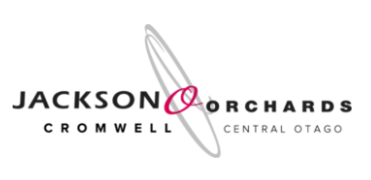Launch of mental health crisis service delayed
22 December 2022, 4:45 PM
 The service has been designed to bring mental health and wellbeing care closer to home and make it easier to access. It is now expected to launch in early 2023
The service has been designed to bring mental health and wellbeing care closer to home and make it easier to access. It is now expected to launch in early 2023The launch of a new mental health crisis support service for Central Otago and Queenstown Lakes has been delayed until early 2023.
The Te Whatu Ora outreach service will include home-based support for people experiencing acute distress as well as education and assistance for whānau and carers.
Te Whatu Ora mental health, addictions and intellectual disability executive director Toni Gustschlag said while there had been “a lot of work happening in the background” there had also been unforeseen delays with the launch of the service.
“Despite our best efforts to get the service operational before Christmas, unfortunately, like everyone else, we’ve been hit with sickness and staffing issues which have set us back a few weeks,” Toni said.
First announced in November, the new service has been designed to bring mental health and wellbeing care closer to home, and make it easier to access.
It will sit alongside the current 24/7 regional crisis response service and its workforce will include registered health professionals, social workers, and support workers.
After its launch, anyone requiring acute mental health care will be able to access the service via a referral from Te Whatu Ora Southern’s Specialist Mental Health and Addiction (MHA) team or general practices.
It will be delivered by social services NGO Central Lakes Family Services, which has branches in Wānaka, Queenstown and Alexandra.
“We’re committed to getting this support service right for clients, providers and referrers,” Toni said. “Implementation is complex and requires development of processes and protocols which takes teamwork and time.”
A further update on the launch of the service will be provided in mid-January.
The local outreach model was developed by clinicians, iwi, primary health providers, community agencies, NGOs, tangata whaiora (people seeking wellbeing), whānau and government agencies who worked together to design the services.
It is part of a larger programme of mental health reforms underway designed to transform New Zealand’s mental health and addictions system over the next decade.






